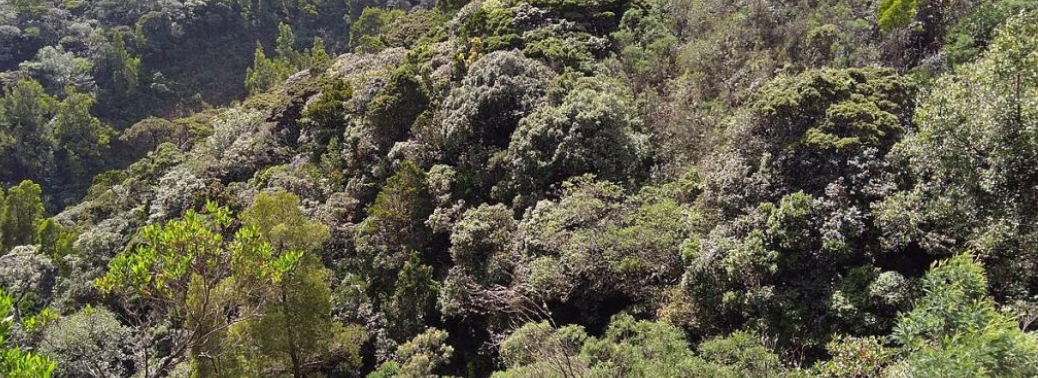INVASIVE SPECIES MAY SOON WIPE OUT SHOLA VEGETATION FROM NILGIRIS: REPORT
20, Sep 2019

Prelims level : Environment- Threat to Biodiversity, Ecosystem, Ecology
Mains level : GS-III- Conservation, environmental pollution and degradation, environmental impact assessment.
Why in News?
- According to a report filed by an expert committee formed by the Madras High Court, expanding plantations like tea and eucalyptus along with exotic and invasive species in the Nilgiris can wipe out Shola vegetation.
About Shola Vegetation:
- The Shola vegetation are tropical montane forests found in the Western Ghats separated by rolling grasslands in high altitudes.
- The word Shola is derived from the Tamil language word cÕlai meaning grove.
- The shola forests are patches of forests that occur only in the valleys where there is least reach of the fog and mist.
- This unique landscape is native only to the Southern Western Ghats.
- They are found only in the high altitude mountains of the states Karnataka, Kerala and Tamil Nadu. Nowhere else in the world exist such a kind of forests.
Expert Committee Findings:
- According to a report filed by an expert committee alarming expansion of exotic and tea plantations threaten native dry deciduous, moist deciduous and thorn forests and grasslands there.
- This change in vegetation will result in loss of water sources and is already leading to massive landslides.
- The committee recognises the deleterious impact of invasive species like eucalyptus, tea plantations and wattle and naturalised alien species like Lantana camara, Opuntia stricta, Chromolaena odorata, Parthenium hysterophorus and Senna spectabilis on the Shola forest and grasslands.
- The wattle is replacing grasslands and Shola forests. The plantations of Eucalyptus, pines and cupressus have virtually wiped out grasslands and sholas. The massive tea gardens also replaced the vegetation.
- The expert committee visited the Mudumalai Tiger Reserve and found that around 60 per cent (690 square kilometres) of the entire core and buffer area of the reserve is under invasion.
- The domination of invasive species in the Western Ghats was between 65 and 75 per cent, according to data presented by the state government.
- No secondary or fresh growth of indigenous trees, plants or grass, which serve as food for elephants, was seen in areas occupied by invasive species. Moreover, the attempts made by the forest department to manage the invasive alien species has had little or no success, according to the report.
Committee Recommendations:
- The committee suggested in the report, removal of exotics and invasive alien species and subsequent ecological restoration of weed-free landscapes. This will require well-knitted management structure and resources.
- The committee recommended that there is an urgent need to map the extent of exotic plantations, spread of invasive alien species and loss of grasslands in each forest division of the Nilgiris.






